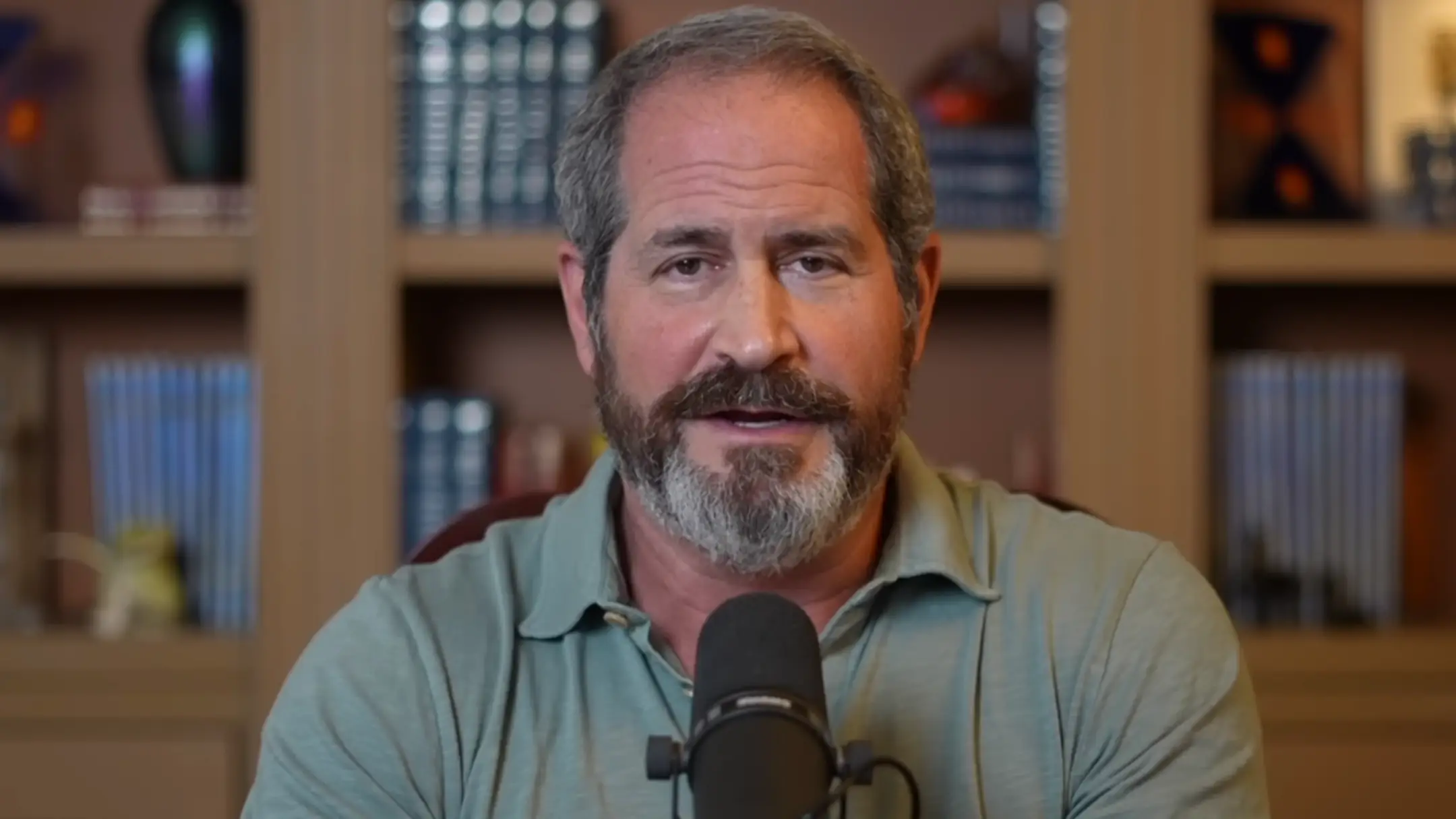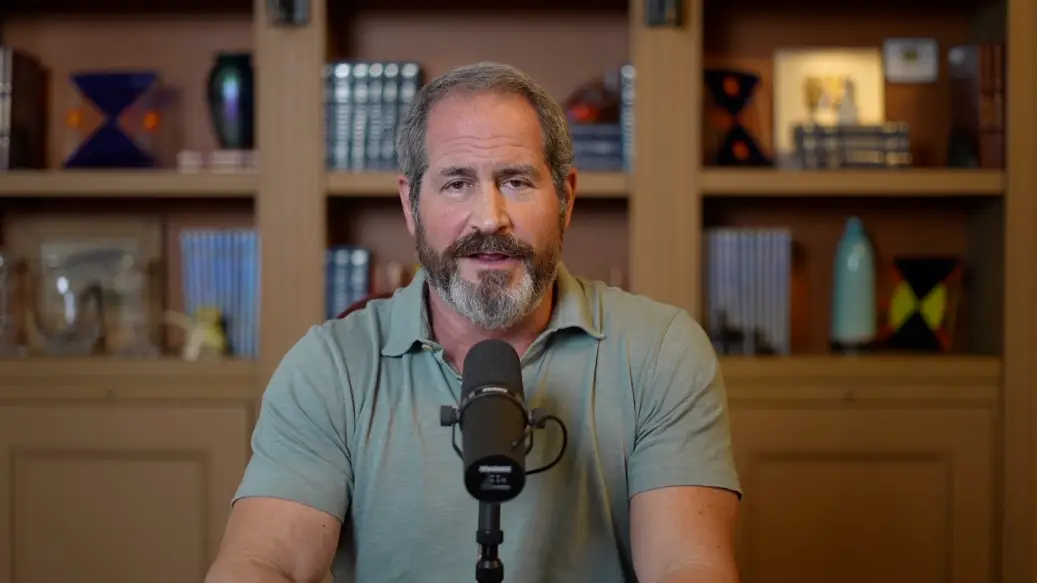
An experienced cardiovascular surgeon has opened up about all the signs he ignored in the lead up to having a heart attack.
With 25 years of clinical practice, Dr Jeremy London has shared the life-threatening mistakes he made in the lead up to suffering a near-fatal episode.
Dr London, who is based out in Georgia, US, has expertise in recognising heart attack symptoms, cardiac blockages, and emergency interventions.
But when it came to himself, the health professional kept ignoring the signs.
Advert
In the lead up to a hunting trip with his son three years ago, he was experiencing subtle warnings like low energy, fatigue, and occasional heartburn-like symptoms that he dismissed as minor issues.
While in a deer stand with his youngest son, he suddenly had crushing chest pain that brought him to his knees. Dr London said the pain was severe and was classic for cardiac ischemia.

Although he was aware of the danger, he tried to continue the activity and drove back to his home, about an hour away, where the pain gradually settled with rest, a beta-blocker, and aspirin.
The following morning, however, the crushing chest pain returned when he climbed the stairs at home.
At that point, he could no longer ignore the symptoms and contacted a cardiologist friend.
During the walk to the office, the pain returned. He underwent urgent cardiac catheterization through his wrist and was found to have a 99 percent blockage in a coronary artery at the back of his heart.
When the wire crossed the blockage during the procedure, he experienced extreme chest pain, and required sedation.

“The way that that a stent is placed is a wire is passed through this blockage and then over that wire using that for support, the balloon and stent are directed to the area of the blockage and then is inflated,” Dr London explained in a video posted on his YouTube channel last week.
“Well, when he crossed the blockage with just the wire and it’s the thickness of maybe three or four hairs essentially, I immediately had crushing chest pain once again.
“I said, ‘Hey man, I am really hurting. Like the pain is worse than it’s been the whole time.’ And I was having EKG changes that were indicative of lack of blood flow to that area of my heart.
“He immediately sedated me, put me out, and did a beautiful job with the stent. Got a great result, got the artery open and everything, thank goodness, resolved.”
Dr London says he was in full agreement with his wife who called him 'selfish' because he was able to identify the symptoms and kept ignoring them.
“My entire life literally had been reprioritised,” he admitted. “Things that were important to me the day before were not even on the list anymore.
“Quite frankly, the list got very short. The people that I care about and love and the people that care about me, my friends, my family. That was really it.”
Heart and circulatory diseases cause a quarter of all deaths in the UK, according to the British Heart Foundation (BHF). That equates to 'more than 170,000 deaths each year'.
“Coronary heart disease (CHD), also known as ischaemic heart disease, is the most common type of heart disease,” the BHF explains.
“It is the most common cause of heart attack and was the single biggest killer of both and men and women worldwide.”